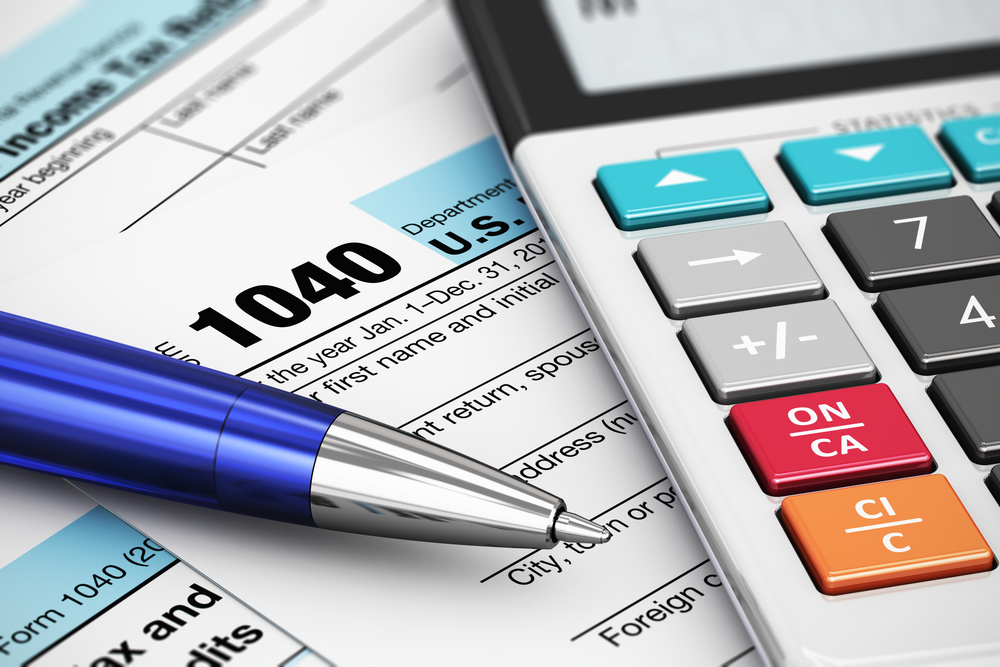How to Reduce Your Tax Bill in 3 Simple Steps
No one wants to find themselves in a position where they owe additional taxes. This is why we always encourage individuals to think about their tax liability throughout the year. By keeping your taxes in mind, you can take strategic actions like pre-paying your next mortgage payment or making a charitable donation. While these are just a couple of examples of how you can reduce what you owe in taxes each year, they do have a deadline. If you don’t take these actions in a timely manner, you won’t be able to reap any benefits until your next tax filing.
Although we encourage staying on top of your taxes all year, we understand that life gets busy. There are plenty of situations where people have plans to take strategic actions, only to end up missing the deadline. If you find yourself in this situation and wish there was something you could do to help offset what you may owe in taxes, you’ll be happy to learn that there a few options available. Even if you find yourself getting down to the wire with the deadline to file your taxes, here are three different ways you can still reduce what you owe:
1. HSA Contributions
Does your health coverage include an HSA-eligible health insurance plan? If so, making a contribution as a family or individual can provide you with a deduction worth several thousand dollars. Just keep in mind that there have been quite a few changes in recent years as to exactly which plans are eligible, which is why it’s always a good idea to check with a tax professional first.
2. American Opportunity Tax Credit
If you’re the parent of a college student, the American Opportunity tax credit is a break you won’t want to miss. It’s worth up to $2,500 per eligible student for the first four years of college. The reason you can claim this credit even when time is coming down to the wire is all you need is a Form 1098-T, which will provide the EIN you need to include on your return.
3. (SEP) IRA Contribution
Whether you work for a company or are self-employed, you can reduce what you owe in taxes by making an IRA contribution. If you are self-employed and file an extension, you can make your contribution up until your return is officially filed.
At Donohoo Accounting Services, we understand the stress that can go along with planning and filing taxes. That’s why we offer tax planning and tax return preparation services. If you want to work with a team that has over two decades of tax experience, call us at 513-528-3982 for a free consultation.








